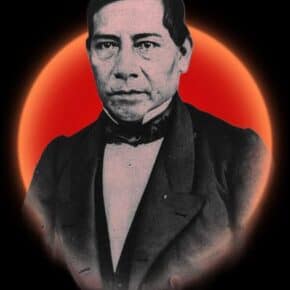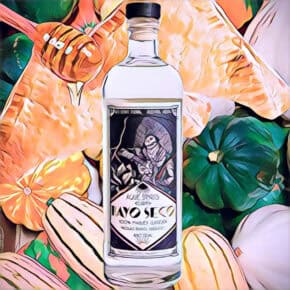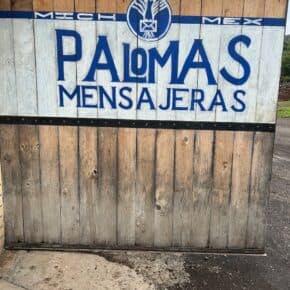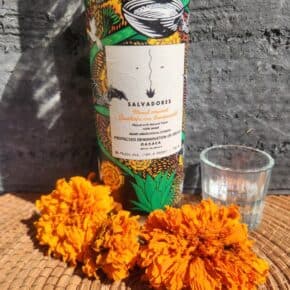Interesting news this week in the form of an email from Silvia Philion of Oaxaca’s Mezcaloteca:
The project of Mezcaloteca seeks to generate traceability and honesty – fair trade, by sharing in our labels the name, community and recipe of the maestros mezcaleros.
In the past years we have noticed a significant increase in people interested in creating mezcal brands, tours or bringing mezcales abroad that come to our tasting room to collect data and contacts of producers with whom the collection works, to look for them so they can make direct contact, with the objective of removing intermediaries and improving profits for their projects. This affects the work relationships that for years we have been building with them, paying fair prices and inspiring them to keep their traditional recipes without falling in only supplying what ever the market demands. This is only stressing the productions in quality and number of liters, which has already led many producers to move away from their traditional recipes and over produce.
Mezcal is culture and identity for México, it is not just an alcoholic beverage with which you can do business.
There are still many unknown producers in the country that need the support of projects or brands, to be able to sell their mezcales in fair prices and preserve the mezcal traditions in their communities, it is better to search for them than to use those who are already working with some project.
This of course is the argument Del Maguey has made for years when given flack about not naming their mezcaleros on their bottles and asking visitors to the palenques they work with to sign NDAs. It is certainly a powerful argument: The explosive demand for mezcal is rapidly transforming everything in Oaxaca from production processes to social impact in communities where mezcal is produced to the hyper gentrification in the city of Oaxaca that has made housing in the centro impossibly expensive for locals.
The fact that this move is coming from Mezcaloteca which really pioneered the transparent labelling movement really says something about this moment in mezcal. Mezcaloteca is essentially a contract buyer in the mezcal market. They go out, find mezcals that they like, pay a mezcalero for a batch, bottle it, and sell it through their tasting room. This is a time honored tradition throughout Mexico but they really insisted on the transparency component because they wanted to give full credit to the creators while educating the drinking public about all the details of what was in a bottle.
Whether you call it poaching or the market, this process of using guides like Mezcaloteca to find a mezcalero and then buying directly from them has been going on for a while. People who make their living from being the intermediary are understandably frustrated about being cut out of the equation and frequently angered by the manner in which they’re being displaced. Wihtout them we wouldn’t have the amazing institutions like Mezcaloteca or In Situ, nor all the very experienced guides.
But, is this intent to protect the maker and process a paternalistic approach to the problem? To play devil’s advocate – shouldn’t a mezcal maker be afforded the opportunity to sell mezcal to anyone s/he wants if they are paying a fair price? If s/he decides to increase production to meet demand by adding a shredder, or cooking with gas in the distillation process, who are we to say that is right or wrong? And if a maker decides to maintain a small and traditional production operation, is there a market that understands and is willing to pay more for that mezcal? Finally, after pushing so hard for greater transparency in the industry, doesn’t this seem like a major step backward?
There are no clear answers, but tensions are clearly rising because many of the mezcaleros in high demand are small producers. They currently just don’t have the pipeline of agave nor the production facilities to make enough to satisfy old and new clients. It’s also becoming very clear that mezcaleros want to understand the international market for their products so that they can make deals that truly value their products and the work that goes into them. They know how to make great mezcal and want the opportunity to profit from it so perhaps the best “protection” for mezcaleros and traditional processes is a grassroots education program of basic business classes – from accounting to planning to marketing to contract negotiations – so that there is an equal playing field.














Leave a Comment